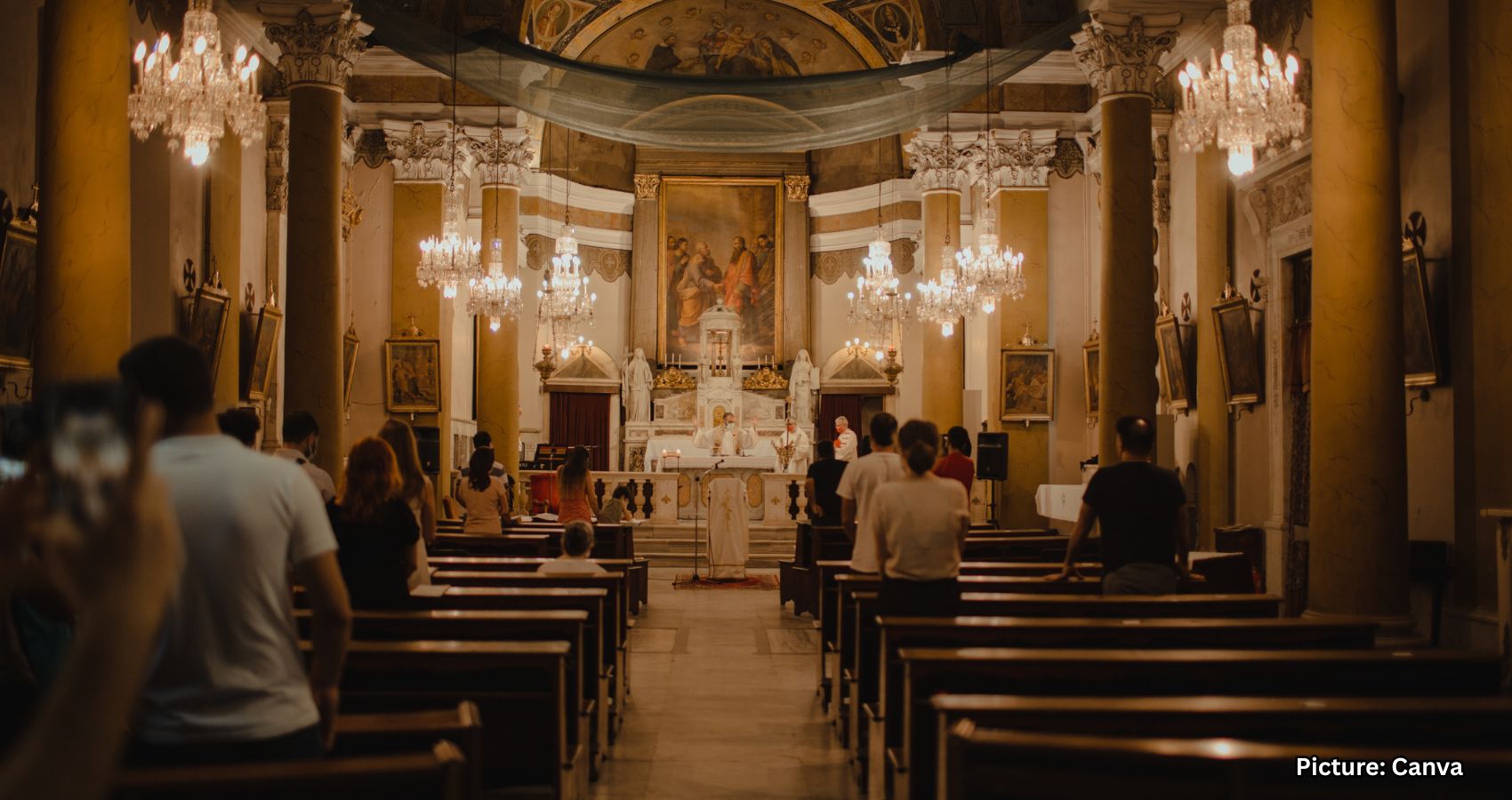Nearly 15,000 churches in the United States are projected to close in 2025, highlighting a significant decline in Christian affiliation and organized religion across the nation.
As the landscape of organized religion in the United States continues to shift, thousands of churches are set to close their doors in 2025. Recent data indicates that nearly 15,000 congregations are expected to shut down, while only a few hundred new churches are anticipated to open. This trend marks one of the most significant declines in religious affiliation in the country’s history.
Surveys reveal a stark change in the religious identification of Americans. Currently, about 62% of U.S. adults identify as Christian, a notable decrease from 78% in 2007. Concurrently, the percentage of Americans who report having no religious affiliation has risen to 29%, reflecting a growing trend toward secularism.
The impending closures are predominantly expected among mainline Protestant denominations, such as Methodist, Presbyterian, and Lutheran congregations. Additionally, many Catholic parishes are experiencing similar challenges due to dwindling attendance and financial pressures. Smaller, rural churches are particularly vulnerable, often facing limited resources and declining membership.
Experts suggest that the closure of these churches could have broader social implications. In many communities, especially in rural areas, churches have traditionally served as vital centers for local aid, food banks, and social outreach programs. The loss of these institutions could create significant gaps in community support systems, leaving many without essential services.
While large evangelical and non-denominational megachurches continue to attract sizable congregations, researchers note that these institutions are also encountering generational shifts and increasing skepticism toward organized religion. This suggests that the challenges facing traditional churches may extend beyond mere attendance figures.
Analysts caution that the trend of church closures may persist over the next decade, potentially resulting in tens of thousands more closures across the nation as Americans increasingly distance themselves from conventional worship structures. This ongoing transformation in the religious landscape raises questions about the future role of faith-based organizations in American society.
As the number of churches declines, the implications for community cohesion and support systems remain a critical area of concern. The changing dynamics of religious affiliation in the United States signal a significant cultural shift that will likely continue to evolve in the coming years.
According to Global Net News, the future of organized religion in America is uncertain, with many congregations facing unprecedented challenges.
Source: Original article

